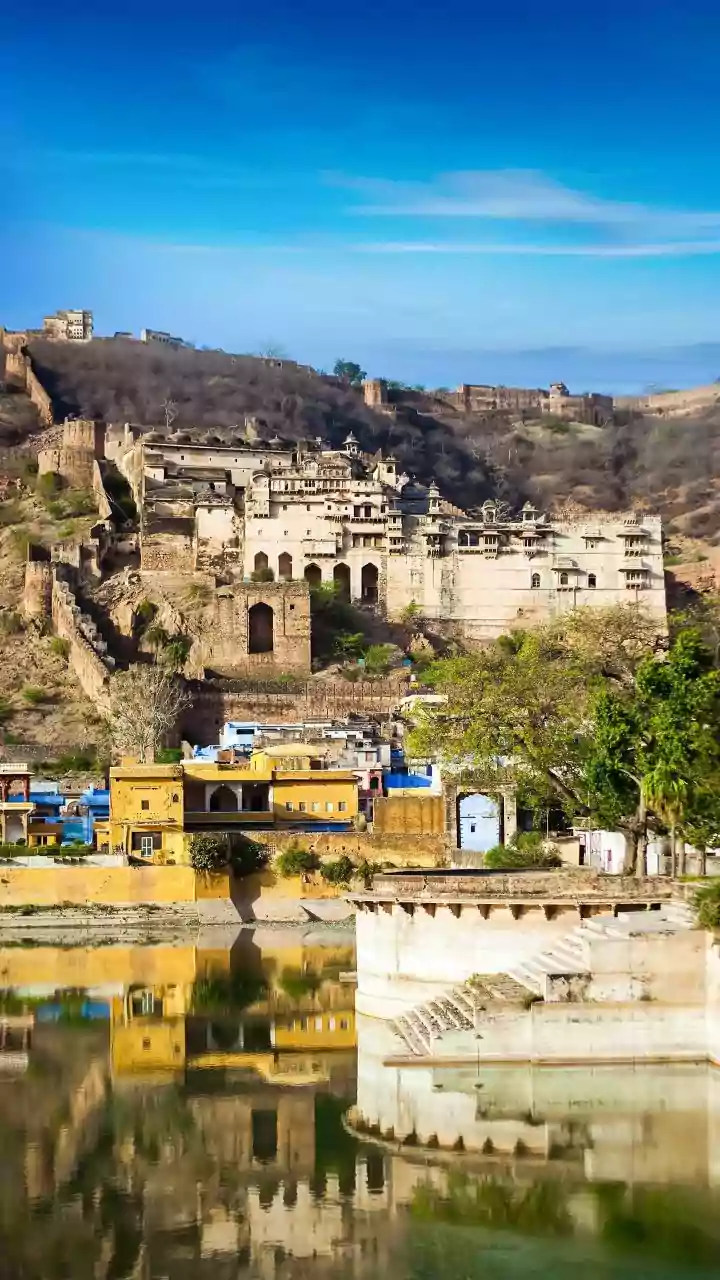Introduction: Unsung Heroes
The Indian independence movement was a massive undertaking, propelled by the collective efforts of countless individuals. While figures like Mahatma Gandhi
and Jawaharlal Nehru are widely celebrated, numerous women displayed remarkable bravery and made substantial contributions that often go unacknowledged. These women, hailing from different backgrounds and regions of India, challenged colonial rule and fought for a free and independent nation. Their stories showcase a range of tactics, from peaceful resistance to armed rebellion, all driven by a shared desire for freedom. By remembering and honoring these unsung heroines, we gain a more complete understanding of India's journey to independence, acknowledging the diverse and essential roles played by women in shaping the nation's destiny.
Rani Lakshmibai
Rani Lakshmibai, the queen of Jhansi, is a name synonymous with courage and defiance. Her bravery in the face of the British during the 1857 Sepoy Mutiny is legendary. When the British East India Company attempted to annex Jhansi, she refused to surrender, displaying unwavering resolve. Leading her troops into battle, Rani Lakshmibai fought valiantly, defending her kingdom with exceptional military skills and strategic acumen. She inspired her soldiers and the people of Jhansi to resist the British. Although she ultimately died in battle, her courage and determination became a symbol of resistance against colonial oppression. Her legacy continues to inspire generations, demonstrating the power of a woman's will to defend her freedom and homeland, earning her a revered place in Indian history.
Sarojini Naidu
Sarojini Naidu, known as the 'Nightingale of India,' was a poet and a prominent figure in the Indian National Congress. Beyond her literary accomplishments, she was a fervent activist, deeply involved in the struggle for independence. She played a key role in the Civil Disobedience Movement, participating in protests and leading non-violent resistance. Her powerful oratory skills and ability to mobilize people were crucial in rallying support for the cause. Sarojini Naidu’s dedication to social reform was evident in her work for women's rights and her advocacy for a united India. She was imprisoned several times for her activism but remained steadfast in her commitment to freedom. Her contributions went beyond politics and into the realms of art and literature, inspiring a sense of national pride and unity.
Matangini Hazra
Matangini Hazra, often called 'Gandhi Buri,' was a fearless freedom fighter from Bengal. She participated actively in the Quit India Movement. At the age of 72, she led a procession of volunteers to take over the Tamluk Police Station. Despite being shot multiple times by British forces, she continued to march forward, chanting 'Vande Mataram' until her final breath. Her ultimate sacrifice became a symbol of unwavering courage and resistance against colonial rule. Matangini Hazra's sacrifice inspired countless others to join the movement, reinforcing the spirit of self-determination. Her unwavering dedication continues to be a testament to the strength and resilience of those who fought for India's independence, proving that age cannot diminish the fervor for freedom.
Aruna Asaf Ali
Aruna Asaf Ali was a prominent Indian independence activist, remembered for her role in the Quit India Movement. She is famous for hoisting the Indian flag at the Gowalia Tank Maidan in Mumbai on August 9, 1942, an act of defiance that became a powerful symbol of the movement. She went underground to evade arrest, continuing to mobilize support and organize resistance activities. Her revolutionary spirit inspired a new generation of freedom fighters. After independence, Aruna Asaf Ali remained involved in social work and politics, advocating for social justice and equality. She was a key figure in the post-independence era, advocating for various causes. Her contributions went beyond the struggle for independence, making her a vital figure in shaping the social and political landscape of India.




















